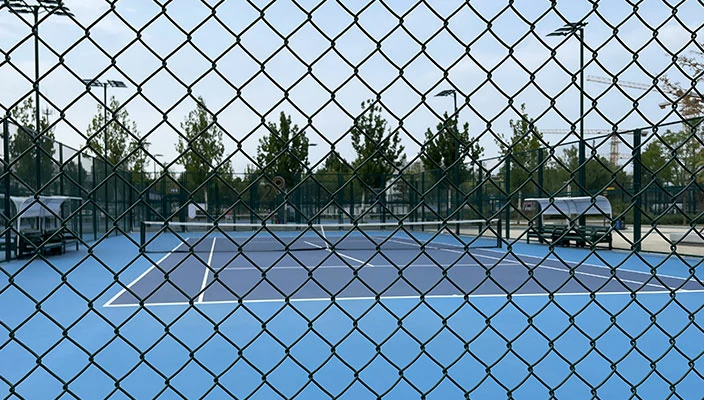hot dipped roofing nails
The Versatility and Benefits of Hot-Dipped Roofing Nails
When it comes to roofing projects, the choice of fasteners is just as crucial as the materials used for the roof itself. Among the many options available, hot-dipped roofing nails have gained popularity due to their durability, corrosion resistance, and overall effectiveness. This article explores the advantages of hot-dipped roofing nails and why they are often the preferred choice for roofing installations.
What Are Hot-Dipped Roofing Nails?
Hot-dipped roofing nails are specifically designed fasteners, coated in a thick layer of zinc through a hot-dipping process. This method involves submerging the nails in molten zinc, which creates a robust coating that adheres well to the metal surface. This process not only enhances the nails' resistance to rust and corrosion but also adds to their overall longevity.
Benefits of Hot-Dipped Roofing Nails
1. Corrosion Resistance One of the primary advantages of using hot-dipped roofing nails is their exceptional resistance to corrosion. Roofing materials are often exposed to harsh weather conditions, including rain, snow, and humidity, all of which can lead to rusting in standard nails. The zinc coating on hot-dipped nails provides a protective barrier, making them ideal for use in various climates.
2. Enhanced Durability The hot-dipped coating is significantly thicker than that of electroplated nails, offering an extra layer of protection. This enhanced durability means that these nails can withstand the stresses associated with roofing applications, such as temperature fluctuations and physical impact, making them less likely to bend or break.
3. Improved Holding Power Hot-dipped roofing nails feature a sharp point and often come with a larger head, providing superior holding power compared to other fastening methods. This characteristic is crucial when securing roofing materials, as it helps ensure that everything stays in place, reducing the risk of leaks and other damage over time.
hot dipped roofing nails

4. Versatility These nails can be used in various roofing applications, whether installing shingles, tiles, or metal roofing. Their versatility makes them a preferred choice among contractors and DIY enthusiasts alike. Additionally, hot-dipped nails can be used for other outdoor projects, such as fencing or decking, further adding to their appeal.
5. Cost-Effectiveness While hot-dipped roofing nails may have a slightly higher upfront cost compared to other options, their long-term benefits outweigh the initial investment. The durability and corrosion resistance can save homeowners and builders money over time by reducing the need for repairs or replacements due to rusted fasteners.
Installation Tips
To ensure the best results when using hot-dipped roofing nails, consider the following installation tips
- Pre-drill Holes Depending on the roofing material, particularly when using harder substrates, pre-drilling holes can help prevent the nails from bending during installation.
- Proper Spacing Pay attention to spacing when placing the nails. Following the manufacturer’s recommendations or local building codes can enhance structural integrity and help prevent water infiltration.
- Use the Right Length Choose a nail length that is appropriate for the materials being fastened. A nail that is too short may not provide adequate hold, while one that is too long can penetrate too deeply and cause damage.
In conclusion, hot-dipped roofing nails are an excellent choice for anyone undertaking roofing projects due to their corrosion resistance, durability, holding power, versatility, and cost-effectiveness. They provide a reliable solution for securing roofing materials, ensuring not only the longevity of the roof but also the safety of the home it protects. Whether you're a professional contractor or a DIY enthusiast, investing in quality hot-dipped roofing nails can make a significant difference in the success of your project.
-
Space-Saving Chain Fence Hacks Vertical Gardening with Cyclone MeshNewsJul.16,2025
-
Innovations in Iron Nail Wire Production for Modern ConstructionNewsJul.16,2025
-
Creative Uses of Wire Netting Fence in Modern Landscape DesignNewsJul.16,2025
-
Barbed Wire Fence Innovations in Anti-Climb TechnologyNewsJul.16,2025
-
Architectural Uses of Umbrella Nails for Aesthetic Roof DesignsNewsJul.16,2025
-
Architectural Uses of Razor Barbed Wire in Secure Urban DesignNewsJul.16,2025




